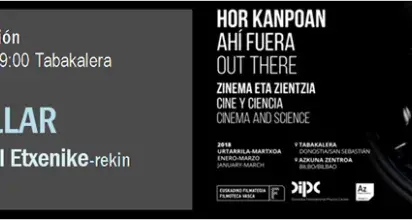|
Muga zeharkatzen egunero Euroeskualdearen barnean lan egiteko
3.863 lagunek zeharkatzen dute egunero muga lanera joateko, Akitania Berria-Euskadi-Nafarroa euroeskualdeak osatutako eremuaren barruan. Horietako gehienak nazionalitate espainiarra izan eta mugatik gertuko Frantziako herrietan bizi dira, eta Gipuzkoan egiten dute lan. Kontrakoa gertatzen da gure kasuan, Euskampuseko bi langile, Julieta Barrenecheak eta Katixa Peigneguyk (irakurri bere posta, mugikortasunari buruzkoa hemen) biak frantziarrak, kontrako bidaia egiten dutela. Horixe da mugaz haraindiko lanari buruz egin den lehen azterlan diagnostikoak azaleratu dituen datuetako bat. Ikerketa Euroeskualdeak egin du, ENPLEGUA proiektuaren barnean. Ikusi diagnostiko osoa hemen. Gehiago irakurri
Cruzar la frontera diariamente para trabajar dentro de la Eurorregión
Un total de 3.863 personas cruzan diariamente la frontera para trabajar, dentro del espacio conformado por la Eurorregión Nueva Aquitania-Euskadi-Navarra, con un predominio casi absoluto de personas de nacionalidad española que residen en municipios de Lapurdi próximos a la muga y mantienen su trabajo en Gipuzkoa. No así en Euskampus, donde dos trabajadoras, ambas francesas, Julieta Barrenechea y Katixa Peigneguy, (cuyo Post sobre movilidad podrás leer aquí) hacen el viaje inverso. Este es uno de los datos que ha sacado a la luz el primer estudio diagnóstico realizado sobre el trabajo transfronterizo, llevado a cabo por la Eurorregión dentro del proyecto EMPLEO .
| 


